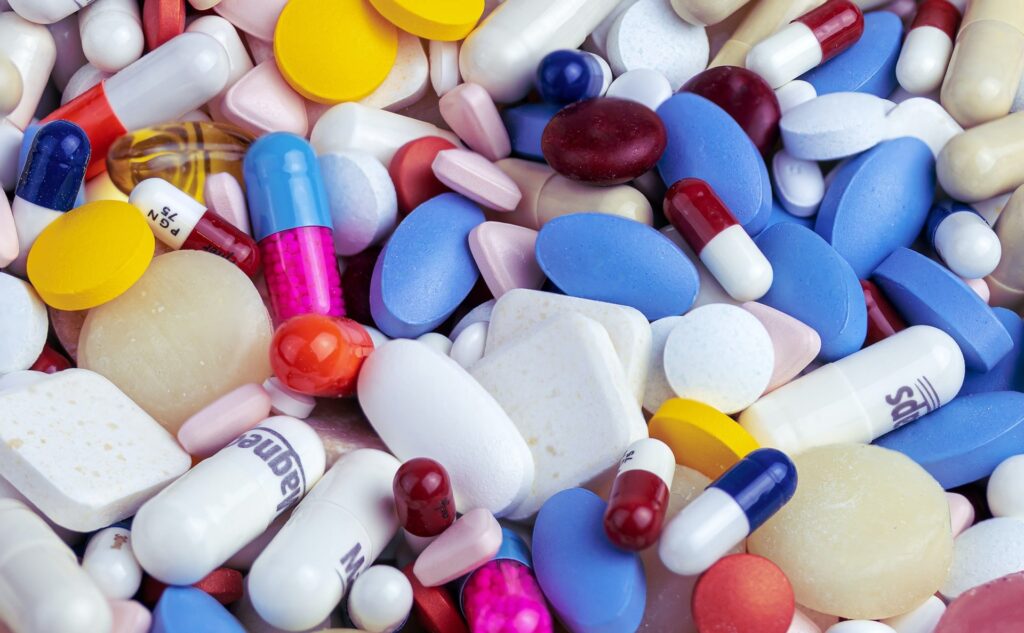
Introduction
As a society, we have recognized the importance of supportive communities for helping individuals and families affected by addiction. Supportive communities provide a place where people in recovery can connect with others who understand what they are going through, feel less isolated and alone, and build connections to ongoing support as they work towards their healing. Say’s Dr. Julian Mitton, supportive community programs include treatment centers that provide residential treatment services or outpatient services with consistent support from counselors or group leaders.
Building Stronger Foundations: Supportive Communities for Addiction Rehabilitation.
In a supportive community, members can feel confident that they will be able to reach out for help and receive it. The support that these communities provide is essential to the recovery process because it helps people develop the skills they need to lead healthy lives in the long term.
The principles of harm reduction, mutual aid and empowerment are central to all supportive communities. Harm reduction promotes strategies like needle exchange programs or supervised injection facilities that aim to reduce or prevent harm caused by drug use–including HIV/AIDS transmission, overdose deaths and other accidents related to drug use–without requiring abstinence from drugs as an outcome goal. Mutual aid refers both individually (e.g., helping others) and collectively (e.g., forming groups). Empowerment means having control over your own life; this may mean taking responsibility for making healthy choices like seeking treatment when needed or getting enough sleep every night so you’re better able handle stressors throughout daily life without falling back into old habits such as drinking too much alcohol after work every day after 5 pm until midnight each night before bedtime arrives around 1 am each morning!
What are supportive communities?
Supportive communities are groups of people who come together to support each other. They can be online or offline, formal or informal, created by professionals or peers.
As an example of a supportive community in action, take the Narcotics Anonymous (NA) program which was started in 1953 by an American doctor named William Wilson. He wanted to create an environment where addicts could share their experiences with one another to help them recover from drug addiction–and over 50 years later that goal remains at the heart of the organization today. In addition to providing individualized treatment plans for members suffering from substance use disorders (SUDs), NA also offers weekly meetings where recovering addicts gather together and talk about their struggles with addiction and recovery so that they don’t feel alone in their journey towards sobriety.
Benefits of supportive communities for individuals in recovery include:
- Supportive communities are an important part of recovery.
- They provide the support that helps individuals stay sober and avoid relapse.
- The benefits of living in a supportive community include:
- Having access to resources, like group therapy sessions and 12-step meetings, which can help people gain insight into their own behavior and learn how to implement healthier habits in their daily lives.
We can all do our part to help support those recovering from addiction.
You can help people in recovery by being a friend, family member or co-worker.
- Be supportive of the person’s decision to seek treatment.
- Encourage them to get the help they need, even if it seems like an inconvenience for you at first.
- Don’t judge their choices or actions while they are struggling with addiction; instead try to understand where they were coming from and why they made those decisions in order for you to provide better support in the future (e.g., “I know it was hard for me when I first started my recovery because I thought everyone would look down on me for having an addiction problem.”).
Conclusion
We can all do our part to help support those recovering from addiction. If you or someone you know is struggling with substance use disorder, please call 1-888-744-0069 for more information on treatment options.